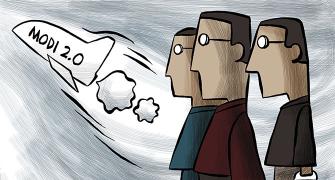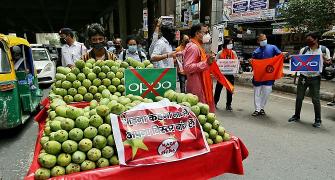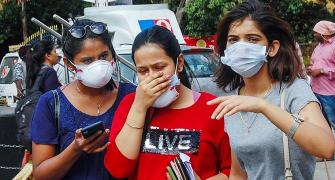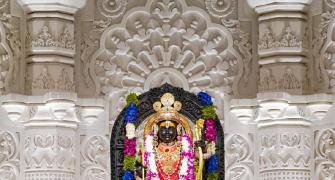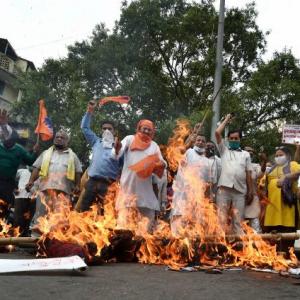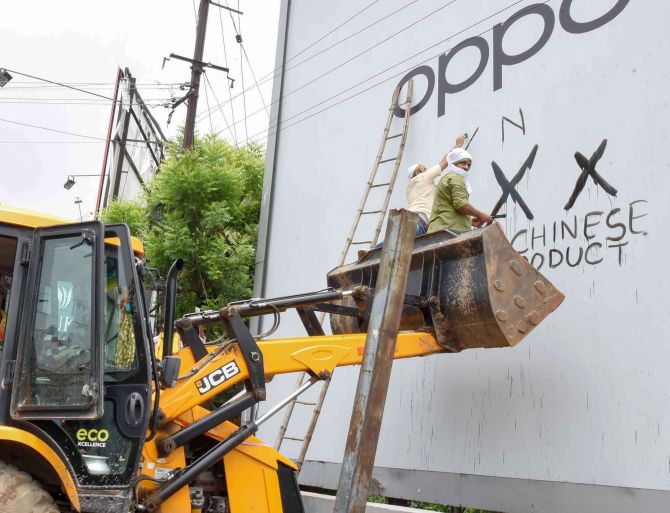Vistara started allowing passengers to book an extra seat from Tuesday. IndiGo and SpiceJet, too, are in the final stages of designing such a product to be sold as an add-on.
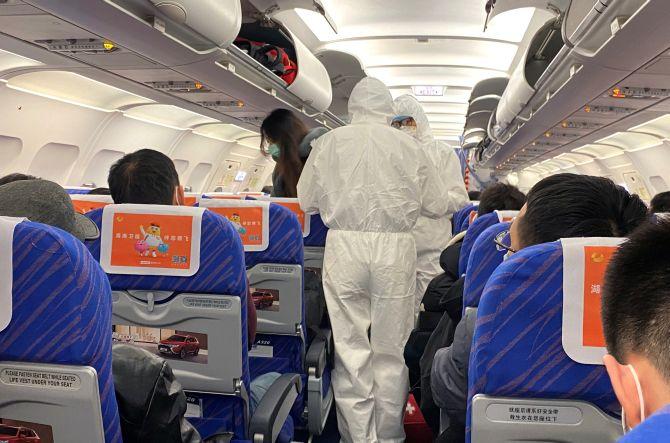
Operating flights at half capacity, given the inevitable need to ensure social distancing, has prompted airlines to cash in on the middle seat.
Carriers will now offer the same as an ancillary product.
Ancillary revenue is derived from goods/services that are secondary in nature, with respect to the business.
Vistara, the Tata-SIA joint venture, started allowing passengers to book an extra seat from Tuesday.
IndiGo and SpiceJet, too, are in the final stages of designing such a product to be sold as an add-on.
“The decision was taken after an internal survey with customers, which showed that many of them were worried about fellow passengers not following safety protocols.
"We have designed a product for their peace of mind,” said Vinod Kannan, chief strategy officer of Vistara.
Kannan said flyers would have to pay the equivalent fare of an original seat for the extra one. For instance, a base fare of Rs 2,000 would mean a total of Rs 4,000 to book the additional empty seat.
However, IndiGo and SpiceJet are planning a different strategy.
“Selling an extra seat is lucrative for the customer only when it is offered at a lower price. It’s important how you market the product,” said a SpiceJet executive.
Keeping the middle seat vacant has been a bone of contention for the aviation industry.
While frequent flyers prefer social distancing on board, airlines have called the proposed rules redundant, raising questions on the effectiveness of such measures.
Airlines have said it would only worsen their financial health, given that the pandemic has already left them high and dry.
The Supreme Court had, last month, allowed carriers to operate without leaving the middle seat vacant.
Budget carriers would need to be precise in their forecasts pertaining to demand and supply for successful implementation of this model, said the commercial head of a low-cost airline.
The executive added that the price of buying the extra middle seat should vary depending on the route.
“We know that flights to the east and nearby regions will have near-full capacity, while those to metro cities will struggle to fill up even half the aircraft.
"Therefore, we’ll need to sell this product at a higher price in full flights, and drop the price when occupancy is low,” he said.
US airline Frontier had tried the concept in May, charging between $39 and $89.
However, the airline has withdrawn the offer following criticism by both passengers and lawmakers, saying it will not charge for the middle seat.
Experts said selling the extra seat as an add-on could be a huge money spinner.
“With load factors at 50-60 per cent, such a service can be offered except for limited routes and days when flights are full,” said Ameya Joshi, founder of aviation blog Network Thoughts.
Airline executives said demand was primarily unidirectional, which means aircraft are flying on one route with little passengers.
Data from travel firms shows that over 90 per cent of bookings are for one-way trips and on non-metro routes, indicating little demand for business travel.
Ancillary revenue has dried up following the ban on food and beverages on board to reduce contact.
Passengers are also travelling light, reducing the scope for excess baggage fees.
Photograph: David Stanway/Reuters


